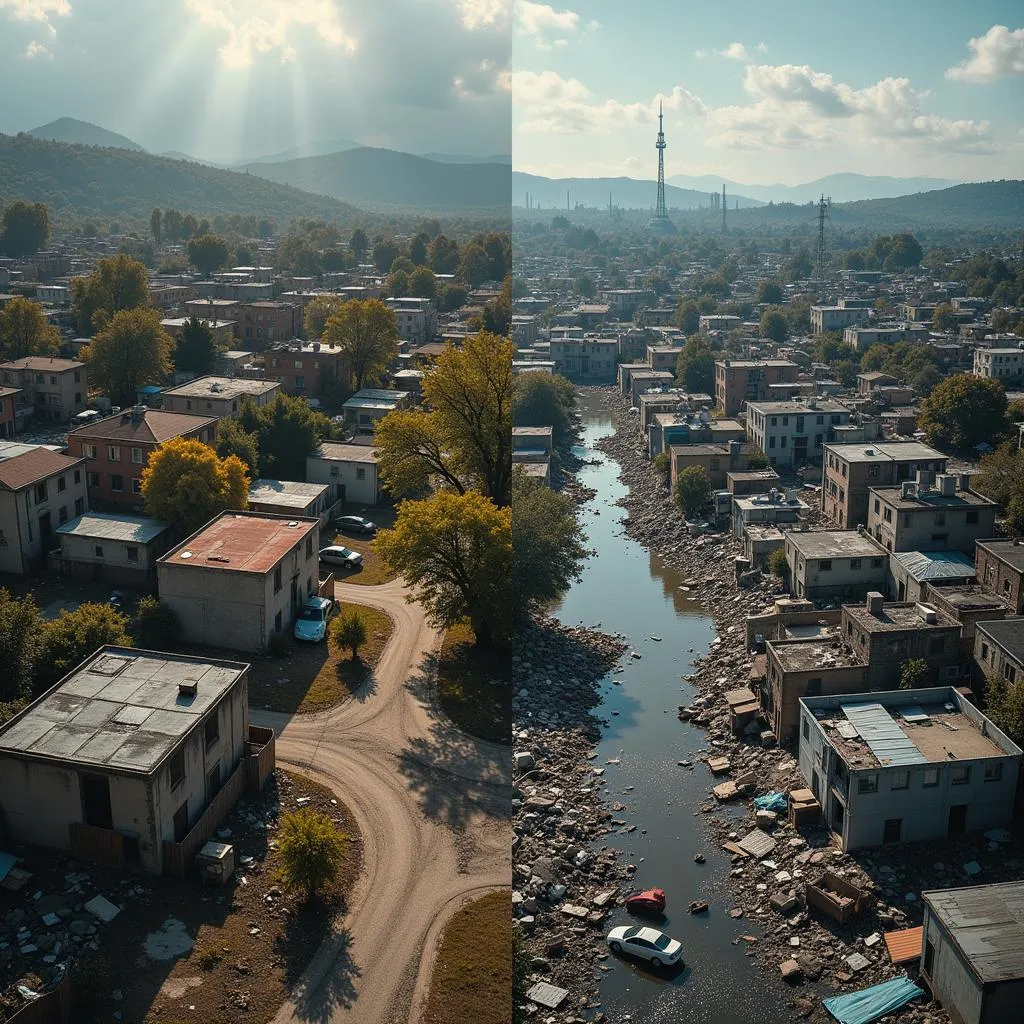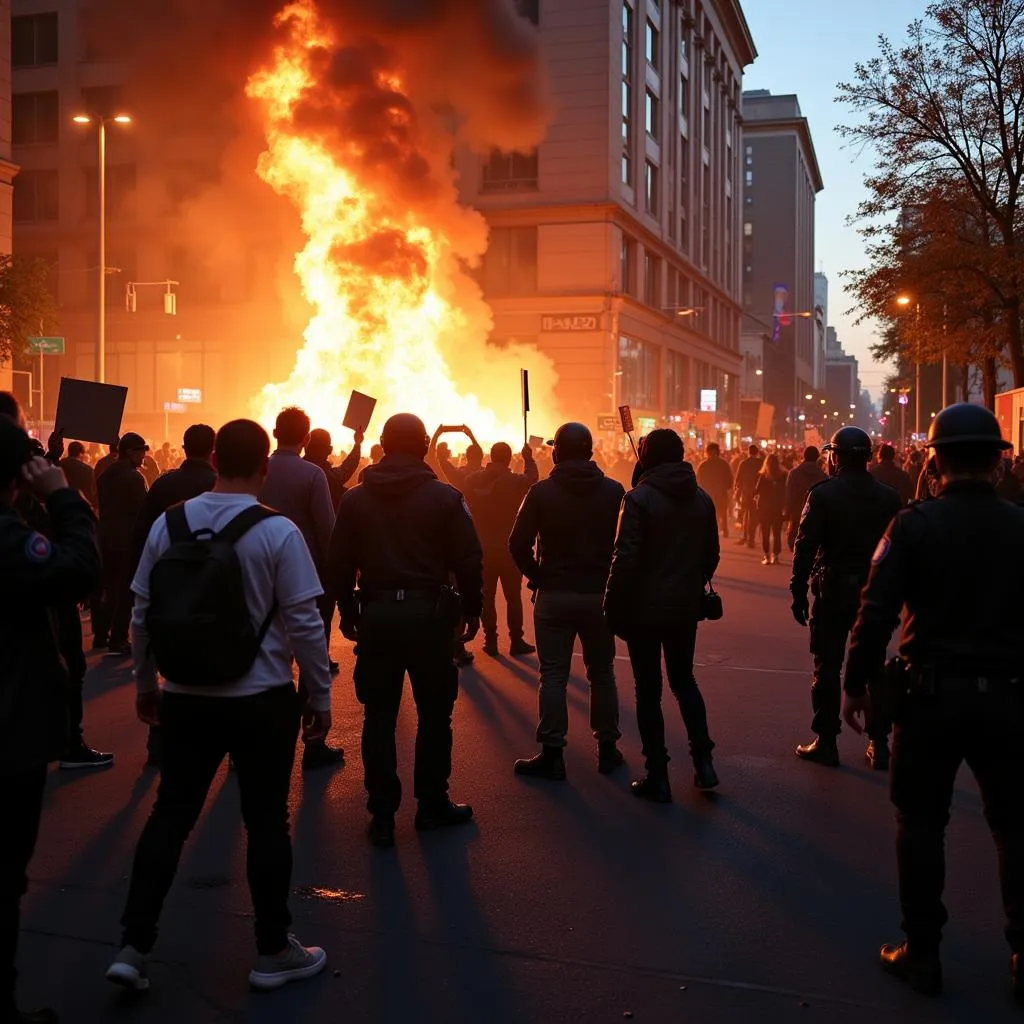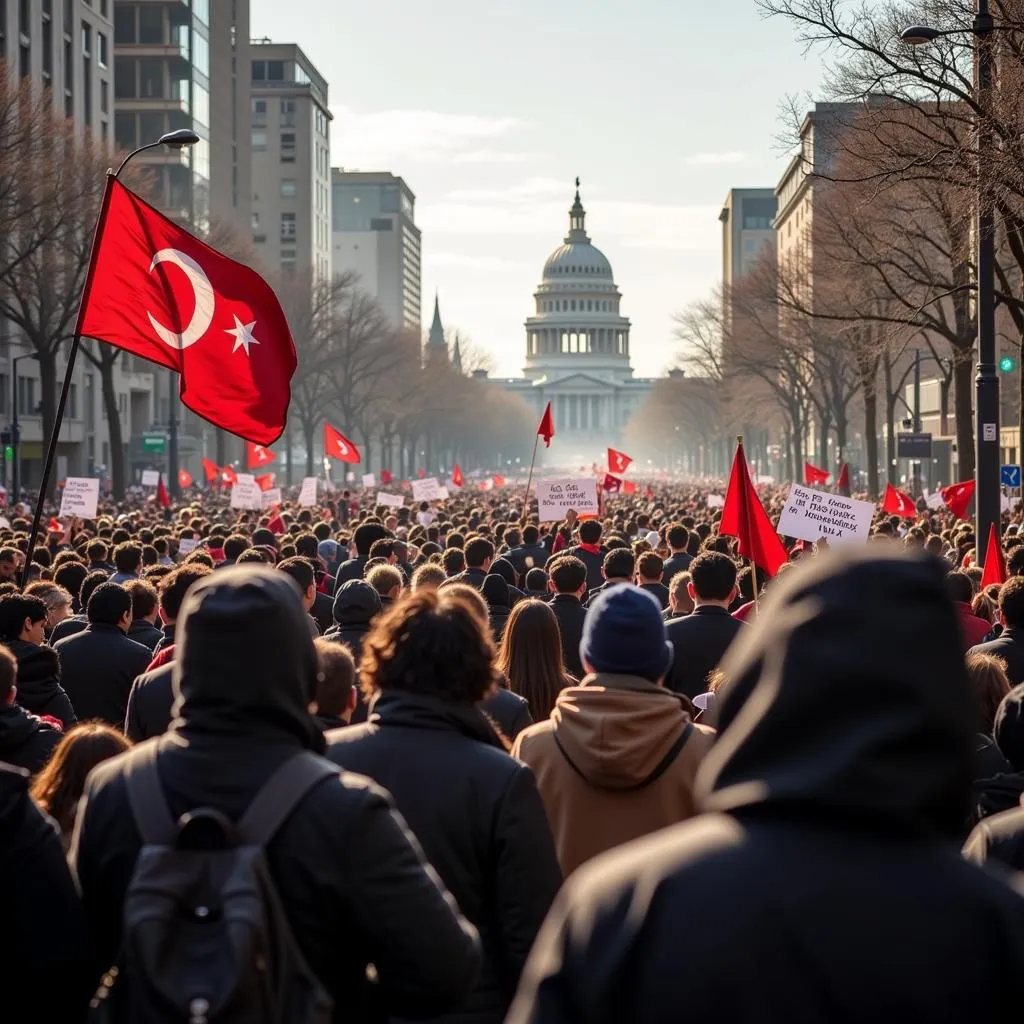Imagine a society on the brink. Tensions simmer beneath the surface, fueled by inequality, injustice, and a lack of opportunity. Suddenly, a spark ignites the powder keg, erupting into chaos and destruction. This, in essence, is a glimpse into the tumultuous world of a riot society. But what truly pushes a community to this breaking point? What are the underlying causes that transform peaceful protests into violent upheavals?
This article delves into the complex issue of riot societies, exploring the multifaceted factors that contribute to civil unrest. From socioeconomic disparities to political oppression, we aim to shed light on the triggers that can push individuals to engage in collective violence. By understanding these root causes, we can begin to foster dialogue, promote peace, and work towards a more just and equitable world.
The Powder Keg: Socioeconomic Factors Fueling Riot Society
At the heart of many riot societies lies a potent mix of socioeconomic factors that create a breeding ground for discontent. Poverty, unemployment, and lack of access to essential services like healthcare and education can fuel a sense of frustration and hopelessness, particularly among marginalized communities.
 Socioeconomic Disparity Leading to Riots
Socioeconomic Disparity Leading to Riots
Imagine a young person, full of potential but trapped in a cycle of poverty with limited opportunities for advancement. Their anger and frustration, fueled by a lack of options and a sense of being unheard, can easily boil over into acts of defiance and destruction when triggered by a specific event or perceived injustice.
The Spark: Trigger Events Igniting Civil Unrest
While underlying socioeconomic factors create a fertile ground for unrest, specific trigger events often serve as the catalyst for riots to erupt. These events can range from instances of police brutality and discriminatory policies to political scandals and economic crises.
 Protest Turning Violent After Police Brutality
Protest Turning Violent After Police Brutality
Consider a peaceful protest against police brutality that turns violent after a confrontation with law enforcement. The incident, captured on video and shared widely on social media, becomes a rallying cry for others who have experienced similar injustices, further fueling the flames of unrest.
Beyond the Surface: Examining Political and Systemic Issues
Riot societies are not merely a product of economic hardship or isolated incidents. Often, deeper political and systemic issues play a significant role in creating an environment ripe for unrest. Corruption, lack of political representation, and systematic discrimination can all contribute to a sense of powerlessness and disenfranchisement among citizens.
 People Protesting Against Political Corruption
People Protesting Against Political Corruption
When people feel that their voices are not heard, that their concerns are ignored, and that the system is rigged against them, they are more likely to resort to extreme measures to make their voices heard. Riots, in this context, can be seen as a desperate attempt to shake up the status quo and demand change.
Building a More Peaceful Future: Addressing the Roots of Riot Society
Understanding the complex interplay of factors that contribute to riot societies is crucial for developing effective solutions. While addressing immediate triggers is important, long-term efforts must focus on tackling the underlying socioeconomic and political issues that create fertile ground for unrest.
This includes investing in education, healthcare, and job creation, particularly in marginalized communities. It also requires promoting good governance, transparency, and accountability, ensuring that all citizens have a voice and that their rights are protected. By working together to address these root causes, we can create a more just, equitable, and peaceful world for all.
FAQs about Riot Society
1. Are all riots driven by the same factors?
No, while some common threads exist, each riot is unique and arises from a specific context. Understanding the historical, social, and political landscape is key to comprehending the motivations and grievances driving a particular riot.
2. Can social media contribute to riots?
Social media can play a complex role. It can be a tool for organizing and disseminating information, potentially contributing to unrest. However, it can also raise awareness about injustices and mobilize support for peaceful change.
Need Help? Contact Us
If you need support or would like to learn more about fostering peace and understanding, please reach out. You can contact us at:
Phone Number: 02043854663
Email: [email protected]
Address: Khu 34, Bac Giang, 260000, Vietnam
Our dedicated team is available 24/7 to assist you. Remember, building a more peaceful world starts with each of us.